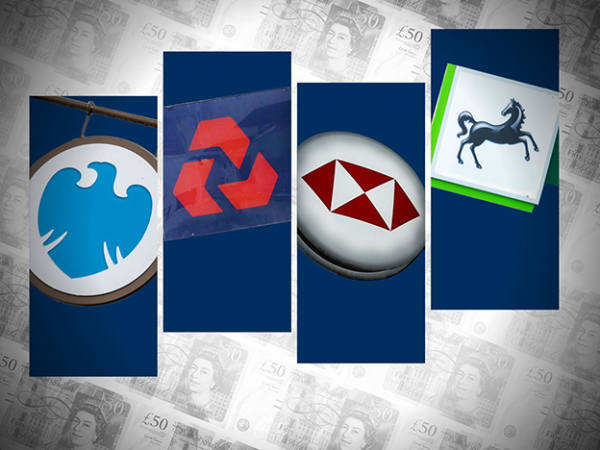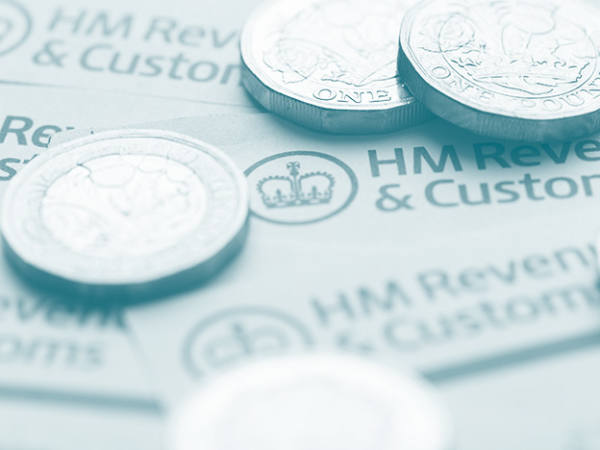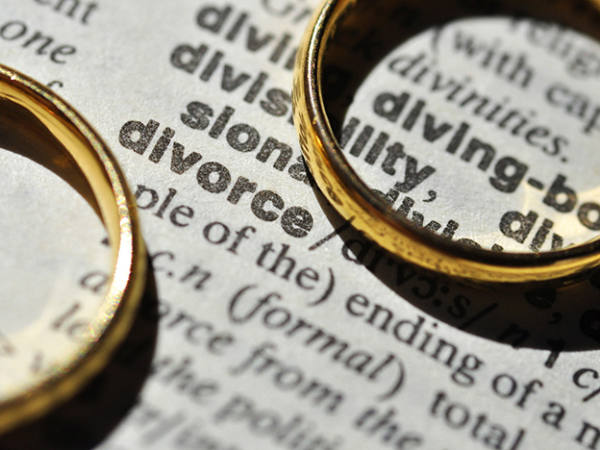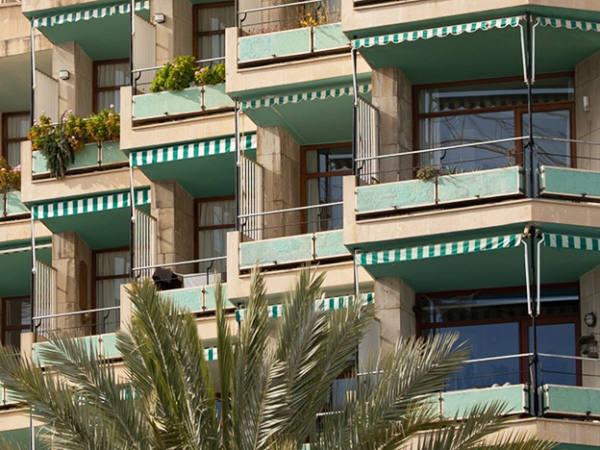It’s difficult to even think about environmental, social and governance (ESG) investing while such a shocking humanitarian crisis unfolds with Russia’s invasion of Ukraine. But the implications for the sustainable investing world are likely to be significant.
First, many so called ESG investors have been caught on the hop. JPMorgan has been scrambling to remove Russian government bonds from its ESG government bond indices. You might ask why these were included in the first place.
As Evgueni Ivantsov, the chairman of the European Risk Management Council, recently put it in our sister publication Sustainable Views, “is it justifiable to develop business ties with autocratic states, where basic citizen freedoms and human rights are suppressed and the rule of law neglected?” A moral issue, but also seemingly a mis-judgement of the risks that come with it.
This might make investors who are serious about ESG think more carefully about the risks of investing in companies in autocratic states. ESG investing across many of these countries has gathered pace in recent years, but doing business with autocratic (or near autocratic) regimes inevitably makes those in charge richer, more powerful and more dangerous.
Ivantsov says this amplifies geopolitical risk and should be seen as a form of negative externality directly linked to ESG principles – ie a company profiting at the expense of political risk. It’s an interesting concept.
Russia’s aggression has also raised questions about the role of weapons companies within ESG. Companies in the defence industry have faced stiff criticism in recent years and been shunned by many ‘socially minded’ investors. Outsourcing company Serco (SRP), for example, dropped out of the bidding for a government contract managing nuclear weapons following pressure from ESG-minded shareholders.
Writing in The Times last year, Serco chief executive Rupert Soames highlighted some fund manager ESG hypocrisy. Governments have to do a lot of non-ESG friendly things like make nuclear weapons and imprison people and while fund managers might be happy to buy those governments' bonds, they often screen out companies which help to produce said weapons. However, the ESG mood looks like it’s changing as the need for defence becomes clear.
The platform on Sustainable Finance, a European Union (EU) group, published its blueprint for the kinds of activities that might be deemed socially sustainable at the end of February. Its stance on defence was vague, calling on investors to draw on “existing international protocols and conventions”. Meanwhile Hans Christoph Atzpodien, who leads BDSV, a German defence industry lobby group, has appealed to the EU to "recognise the defence industry as a positive contributor to ‘social sustainability’ under the ESG taxonomy," according to Bloomberg. Many might now be inclined to agree.
It’s also going to sharpen the focus on energy security. ESG investors who have shunned the use of gas and nuclear on the basis that they undermine a “green vision” might pause for thought. Europe has left itself painfully exposed due to its reliance on energy from Russia, leaving Italy considering reopening coal plants and Germany rethinking its nuclear phase out.
On the other hand, it will spark a fresh wave of funding for clean technologies. Kwasi Kwarteng, the UK business secretary, said on Twitter that it would be “madness” to halt production of North Sea oil and gas on environmental grounds as he warned of a long-lasting energy price shock. But he added that UK renewable capacity had increased fivefold since 2010 and should be accelerated further. “The more cheap, clean power we generate at home, the less exposed we’ll be to global gas markets.”
In other news, MSCI has downgraded its ESG rating of Russian bonds to ‘B’ – its second lowest rating. What on earth does Putin’s Russia need to do to get the wooden spoon?











